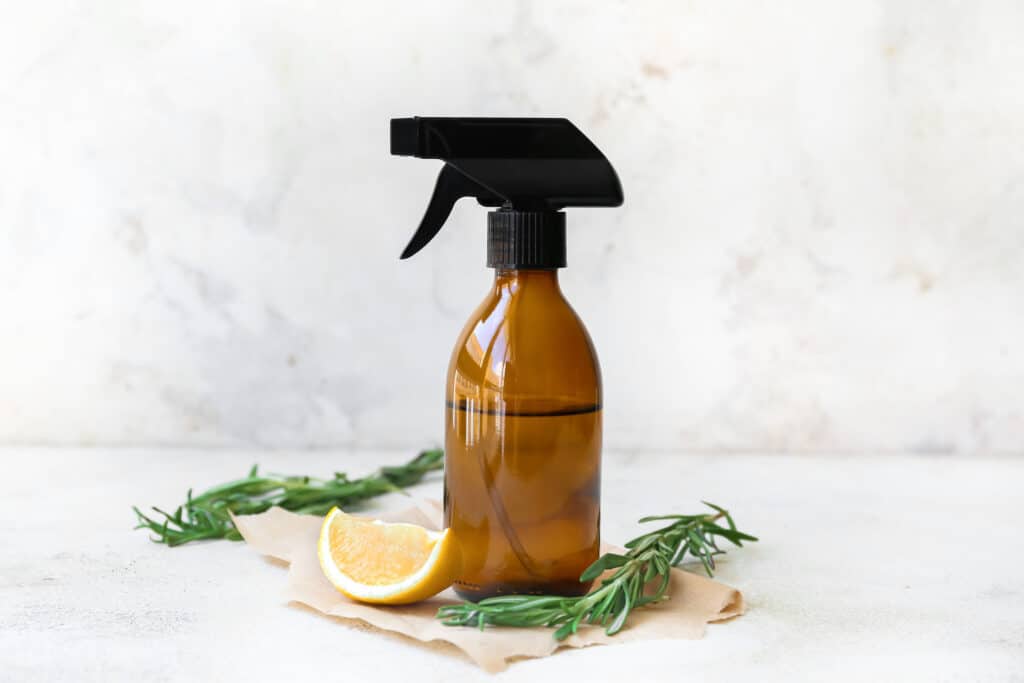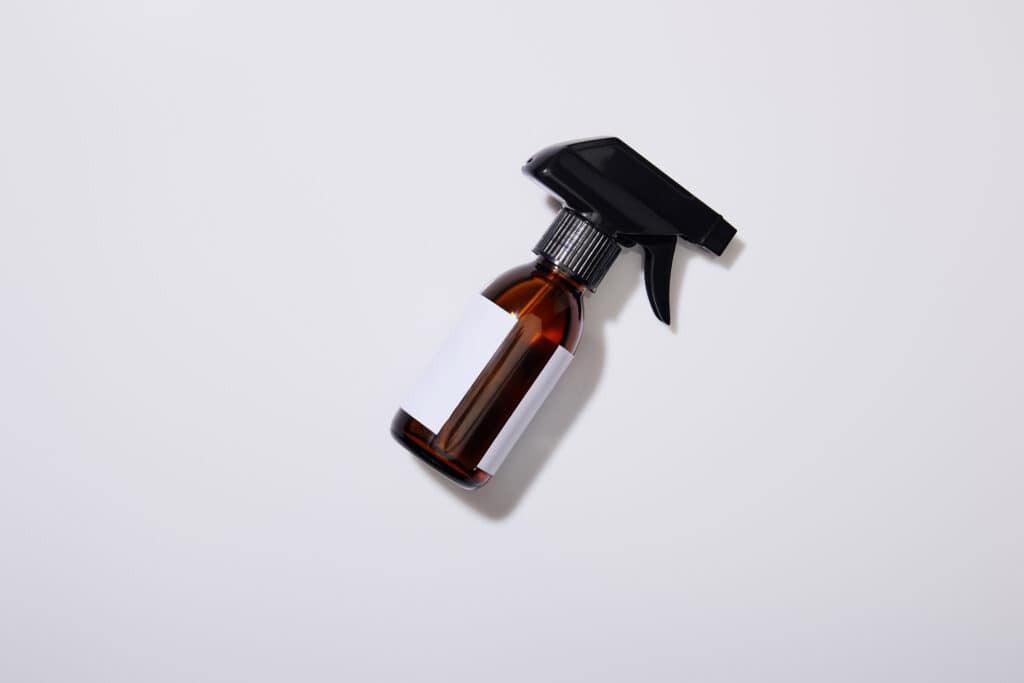Compounding pharmacies have recently been in the spotlight, particularly for providing popular weight loss medications like semaglutide (Wegovy). While these pharmacies can be essential in certain situations, it’s crucial to do thorough research before choosing one, especially in a state like New York, where regulations and options can vary. Dr. Robert Shmerling, Senior Faculty Editor at Harvard Health Publishing, offers key insights to guide your decision.
What is a Compounding Pharmacy?
Compounding pharmacies customize medications that aren’t available commercially, tailoring them to an individual’s specific needs. “Any pharmacy that prepares medications onsite to meet unique requirements qualifies as a compounding pharmacy,” explains Dr. Shmerling. These medications account for an estimated 3% of all prescriptions nationwide.
In the U.S., approximately 56,000 community and retail pharmacies operate, and about 7,500 of them are compounding pharmacies. New York residents have access to many such pharmacies, but their standards and practices can differ widely.
When Might You Need a Compounding Pharmacy in New York?
Several circumstances may necessitate the use of a compounding pharmacy, including:
- A requirement for a specific dosage or strength not available commercially.
- A need for an alternative medication form, such as liquid instead of pills for patients with swallowing difficulties.
- The removal of allergens like gluten or lactose from medications.
- Custom flavoring for children’s medications.
Drug shortages are another scenario where New Yorkers might turn to compounding pharmacies. For instance, recent shortages of weight loss drugs such as tirzepatide (Zepbound) and semaglutide have driven patients to these pharmacies. Compounding pharmacies can procure raw chemical ingredients from manufacturers and create the required medications.
What Are the Risks of Using a Compounding Pharmacy in New York?
Compounded medications, while made from FDA-approved ingredients, are not reviewed by the FDA for safety, purity, or efficacy once formulated. This introduces certain risks, as Dr. Shmerling points out.
In 2023, the FDA highlighted concerns about some compounders using unapproved forms of semaglutide, such as semaglutide sodium and semaglutide acetate, which lack evidence of safety or effectiveness.
Dosing errors can also occur. FDA-approved injectable semaglutide comes in pre-filled pens to minimize mistakes. However, compounded versions may involve pens loaded by the pharmacy or patients themselves, increasing the chance of incorrect dosing. Reports have surfaced of both healthcare providers and patients administering incorrect doses, leading to side effects like nausea, vomiting, headaches, or even acute pancreatitis.
“The instructions provided by some compounding pharmacies are insufficient,” warns Dr. Shmerling. “Patients have mistakenly given themselves doses up to 20 times higher than intended.”
Another concern is the risk of contamination. Compounding pharmacies in the Bronx, New York, like elsewhere, are not FDA-regulated. A notable case occurred in 2012 when contaminated compounded medications caused a fungal meningitis outbreak, resulting in nearly 800 illnesses and 64 deaths.
For these reasons, Dr. Shmerling advises using a compounding pharmacy only when no commercially available alternative exists.
How to Ensure Compounded Drugs Are Safe in New York
It’s not always easy to confirm the safety and efficacy of compounded drugs. “Compounded medications often require a level of buyer caution,” says Dr. Shmerling. Unlike commercially available drugs, compounded medications lack FDA approval, making their safety and effectiveness harder to guarantee.
However, there are safeguards in place. In New York, compounding pharmacies must be licensed and regulated by the New York State Board of Pharmacy. Additionally, the Drug Enforcement Administration (DEA) oversees any controlled substances included in compounded medications.
Compounding pharmacies are also required to follow standards set by the U.S. Pharmacopeia (USP), a nonprofit organization that collaborates with the FDA to establish quality guidelines for medications.
Finding a Reputable Compounding Pharmacy in NYC
Finding a trustworthy compounding pharmacy in New York City can feel overwhelming, but local resources like Mediserv Pharmacy make the process easier. As a trusted compounding pharmacy in NYC, they specialize in creating tailored medications to meet specific patient needs. Their team of board-certified pharmacists adheres to strict quality standards to ensure the safety and effectiveness of their formulations.
When choosing a compounding pharmacy, it’s helpful to start by asking your healthcare provider for a referral. Many doctors in New York have experience working with reliable compounding pharmacies and can guide you toward trusted options.
Additionally, consider the following questions when evaluating a compounding pharmacy:
- Are you licensed to operate in New York State?
- What qualifications do your pharmacists have? (Look for board-certified sterile compounding pharmacists, or BCSCPs.)
- Are your compounded medications tested by an independent third-party lab?
- What accreditations does your pharmacy hold? (The Pharmacy Compounding Accreditation Board (PCAB) is the gold standard.)
Be cautious when buying compounded drugs online, especially from telehealth platforms or unfamiliar websites. MediservPharmacy.com, for instance, provides a trusted, local alternative to online purchases, offering personalized guidance and adherence to New York State regulations.





